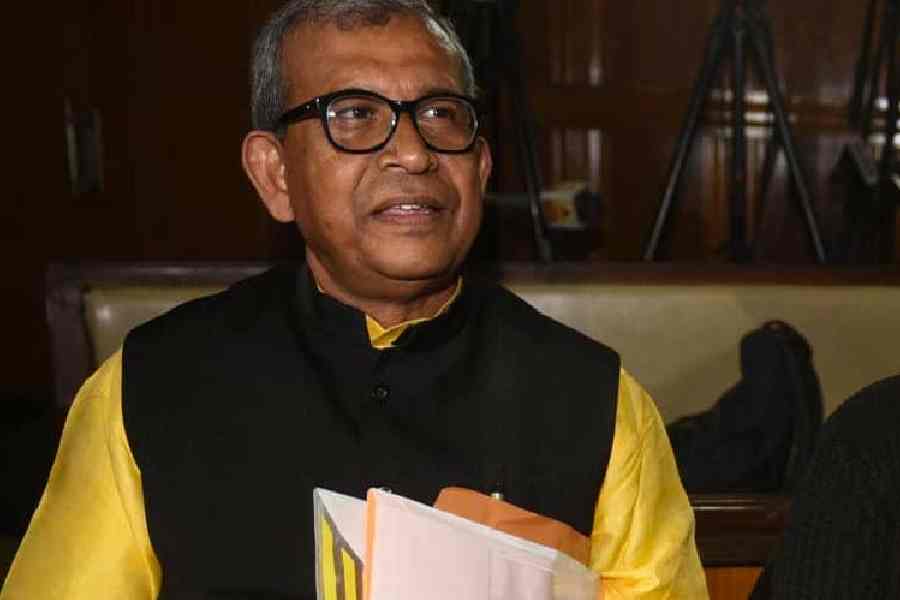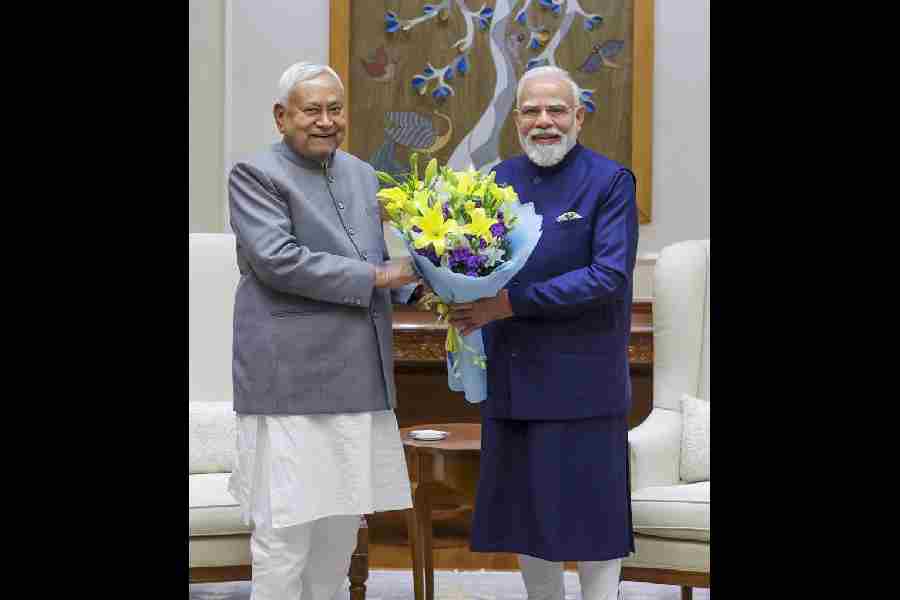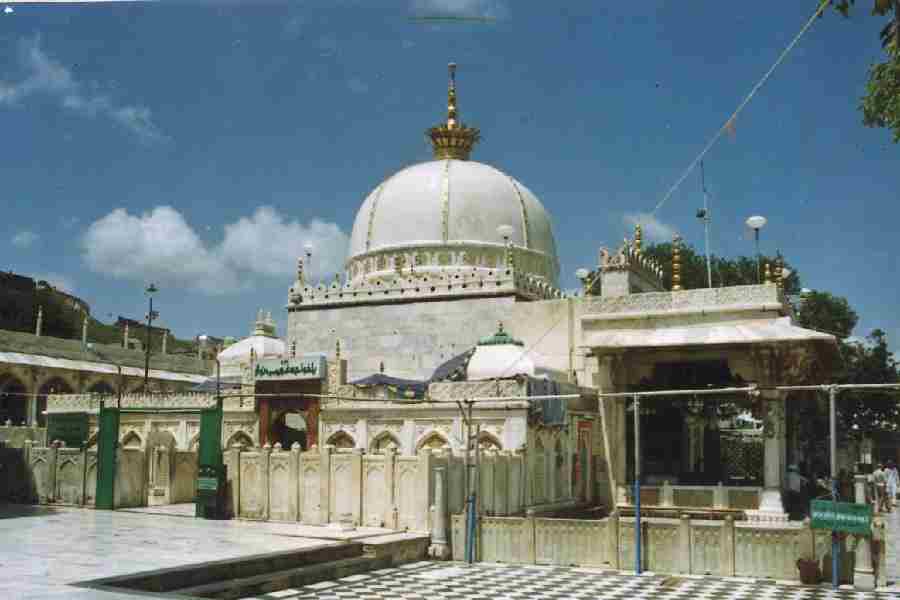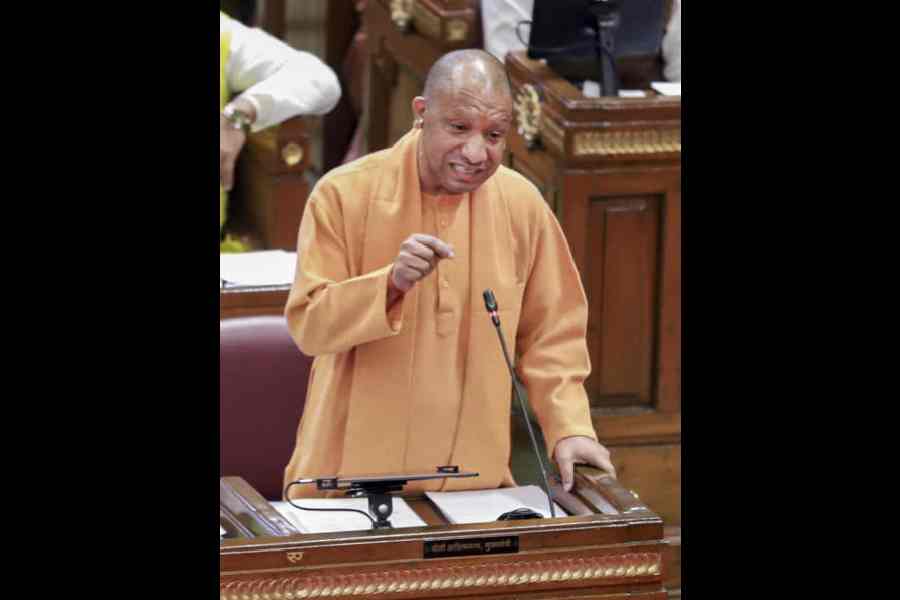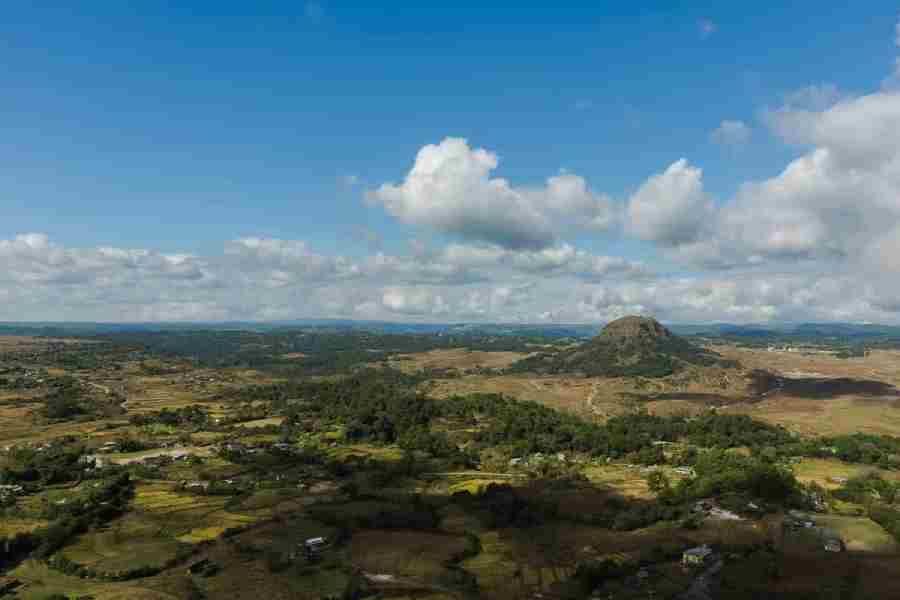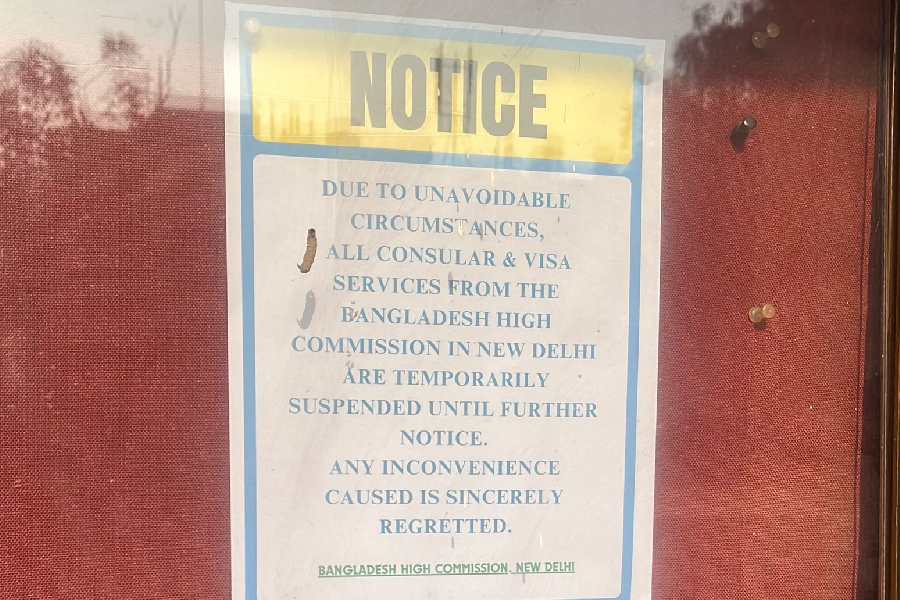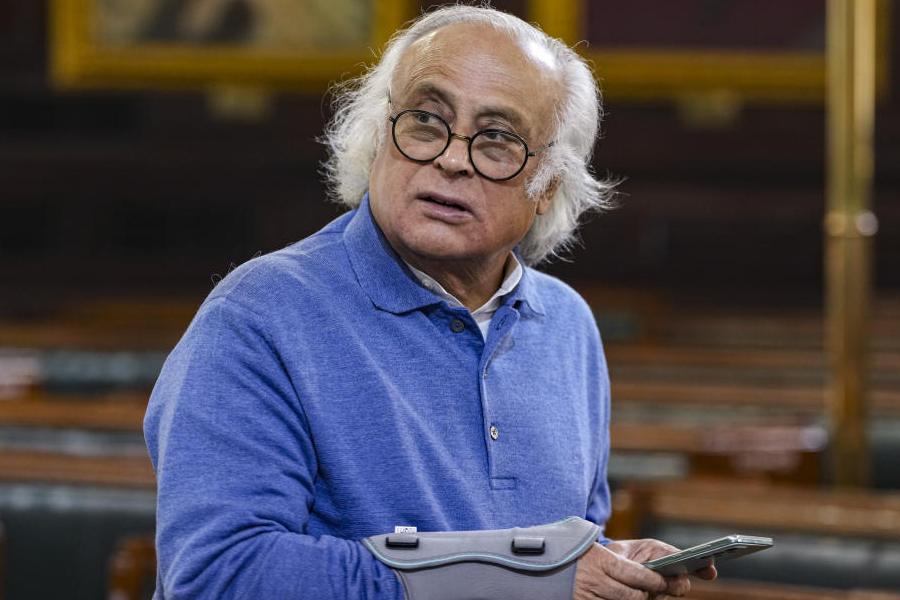 |
New Delhi, April 1: Take this subcontinental quiz.
A military-backed government takes charge across the border. Two great rivals who had dominated electoral politics for years are seemingly set to breathe foreign air for an indeterminate period. Identify them.
Benazir Bhutto and Nawaz Sharif, did you say? Wrong, come again.
Sheikh Hasina and Khaleda Zia? Right.
A fortnight after Awami League leader Sheikh Hasina Wajed’s departure for the US, Dhaka is abuzz over Bangladesh Nationalist Party leader Khaleda Zia’s plans for a visit to Saudi Arabia.
Hasina, who left Dhaka on March 15, ostensibly to meet her son and ailing daughter-in-law, has trashed comments that she was simply going to stay back in the US. But the rumours keep swirling.
Khaleda’s stated reason for wanting to travel to Saudi Arabia is simple. She wants to go on Umrah along with her doting sons.
The problem is, the government of chief adviser Fakhruddin Ahmad has so far refused to allow Khaleda to take the boys, Tarique and Arafat Rahman, with her.
Political sources in Bangladesh say there is no way the Fakhruddin government can let Tarique leave Bangladesh and accompany his mother to Saudi Arabia.
Tarique had been arrested by the anti-corruption commission on massive graft charges and is likely to face further cases of extortion, threats and money-laundering. The government would suffer a severe loss of credibility if it allows him to leave.
Watching the drama unfold from New Delhi, one could easily be swept by a feeling of déjà vu.
Saudi Arabia is the place Nawaz Sharif had headed to after the 1999 coup by Pervez Musharraf. The former Pakistan Prime Minister lived luxuriously in Jeddah (he is currently in Dubai) for many years in exchange for a promise not to return to political life in Pakistan.
His rival Benazir Bhutto divides her days between Dubai and London – and occasionally drops in at New Delhi – simply because she knows she would be arrested the minute she touches down at a Pakistani airport.
With Dhaka politics in a turmoil, New Delhi and other key players in the region, including the US and Britain, are keeping their eyes peeled. They believe that the Bangladesh army is backing a transition from the two iron ladies, who have divided domestic polity for the last three decades, in favour of a robust, non-dynastic politics.
New Delhi’s recently adopted realism, at least in relation to Bangladesh, indicates the United Progressive Alliance government has decided to stop playing favourites in Dhaka.
Which means that India’s decades-old support for the Awami League, as old as Mujib-ur Rahman and the 1971 war of liberation, against the allegedly pro-Pakistan bent of the BNP, is in the process of changing.
The contents of a letter Prime Minister Manmohan Singh recently wrote to Hasina are not known. But New Delhi is currently pleased with the army-backed government in Dhaka.
Indications are that power could well devolve to senior BNP leaders such as Abdul Mannan Bhuiyan, who was openly critical of Tarique Rahman’s lavish lifestyle and utterly corrupt ways. Bhuiyan is believed to have warned Khaleda of the political danger of associating with such a son.
The Awami League’s second rung of leadership, too, is alive and feisty, Bangladeshi analysts say, and would have no problem inheriting and sharing power if Hasina exits the scene.


